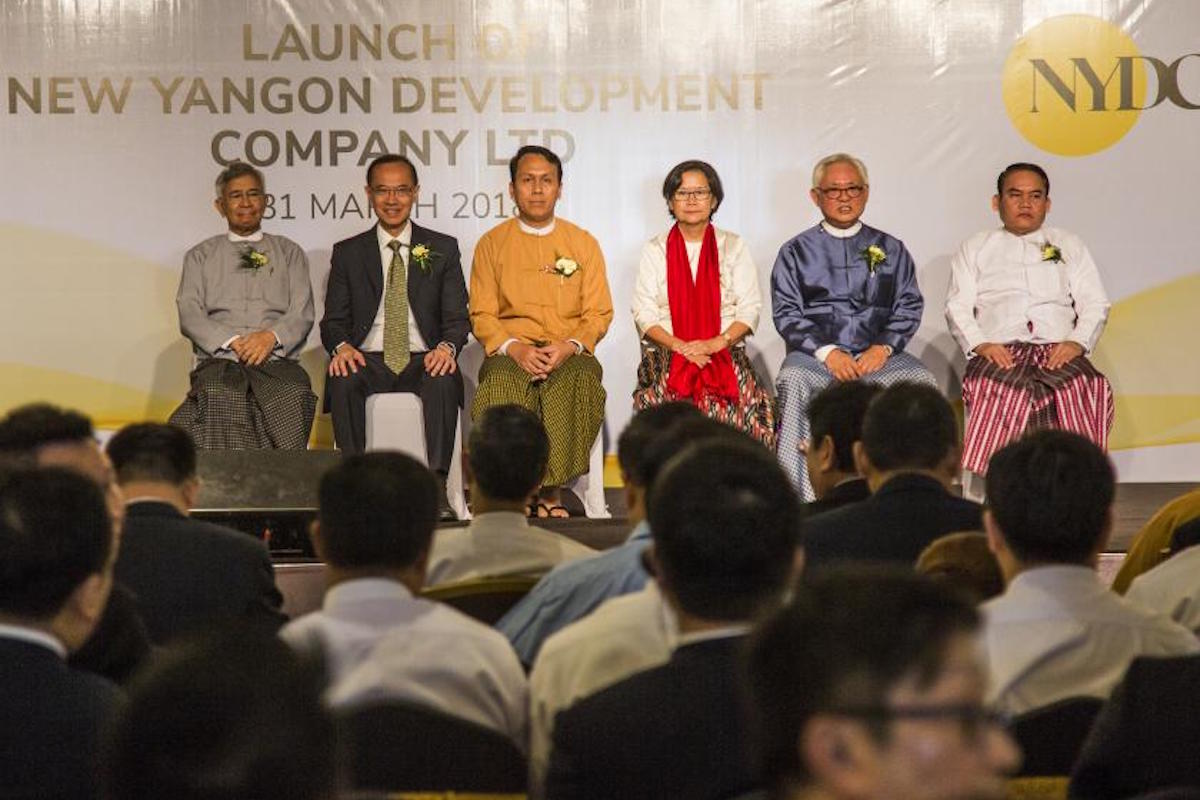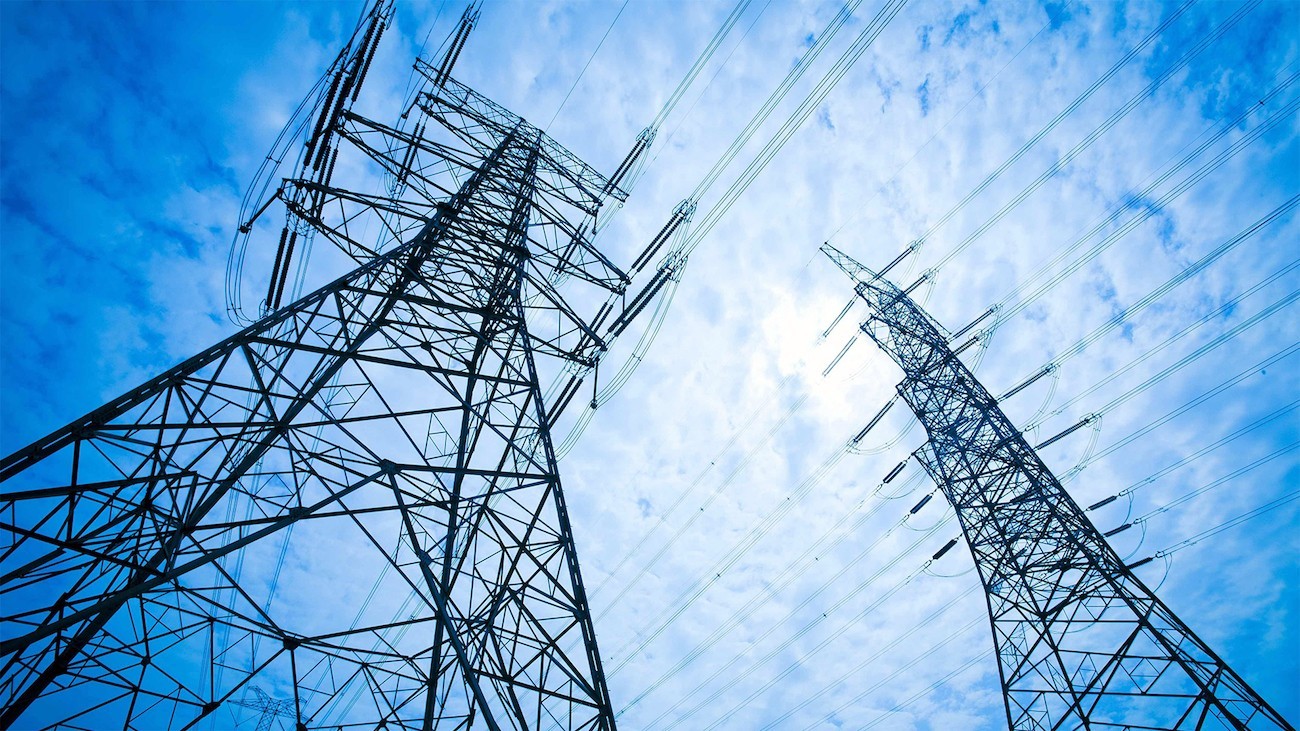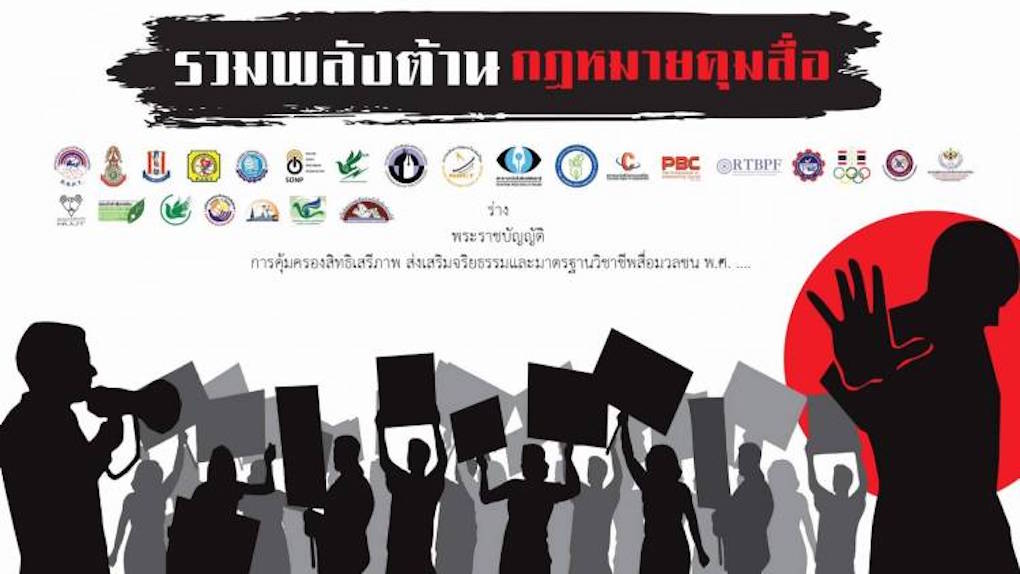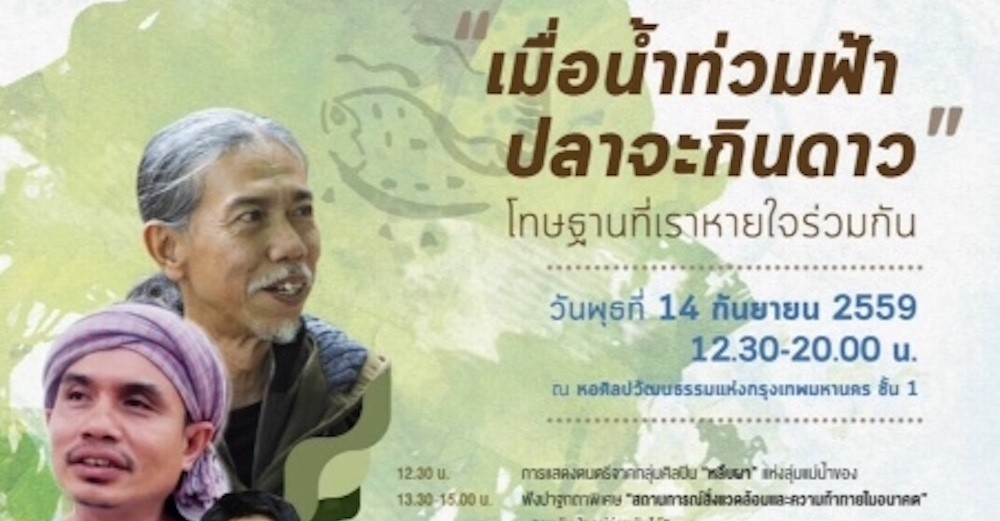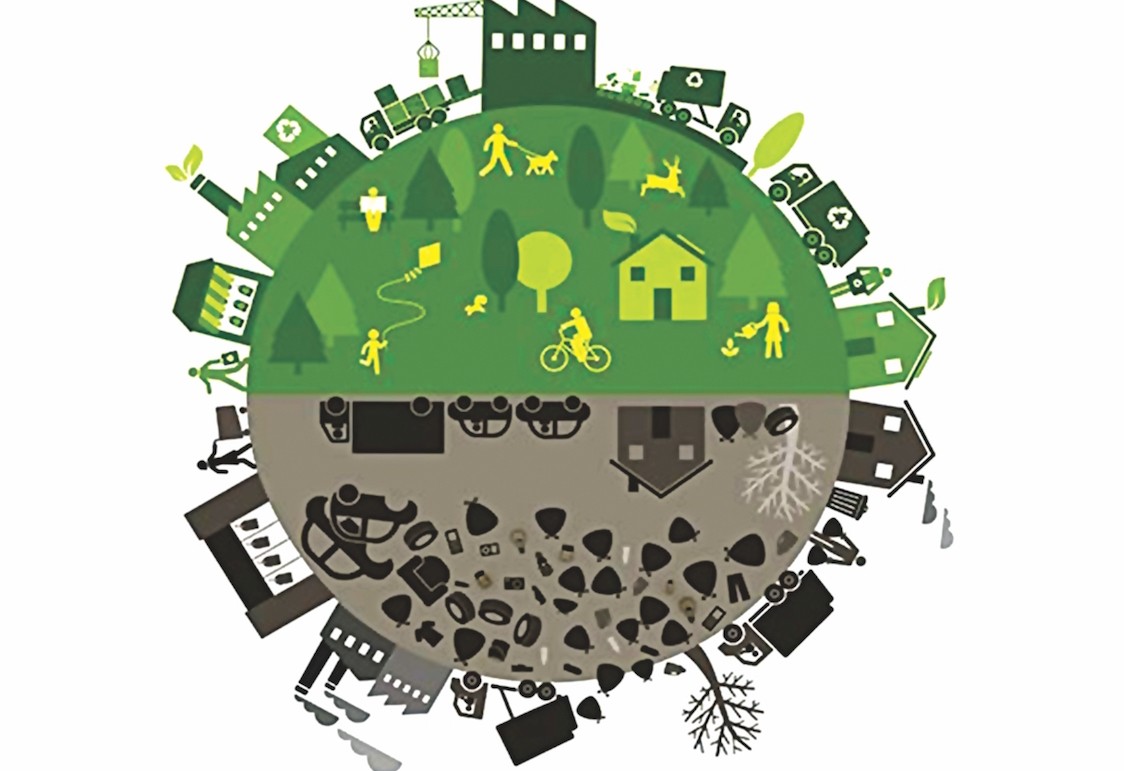Without free, informed and prior consent from the public, international disputes may arise, as was seen with the Myitsone Dam and the Letpadaung Copper Mine.
Tag: transparency
Hydropower threatens peace in Myanmar — but it doesn’t have to
Dialogue, transparency and foreign support could help rebuild local trust
Regime puts journalists in the crosshairs
What does the media rights protection bill hold in store for Thai journalism?
Regime’s absolute power is a danger to environment: experts
THAILAND faces many environmental issues as major development plans are being pushed ahead across the country, organic laws about the environment and community rights remain to be drafted and the forest reclamation campaign continues to cause conflicts, experts said on Wednesday.
The Thai Environmental Journalists Society held a forum and exhibition on current environmental issues and future challenges yesterday at the Bangkok Art and Culture Centre. At the forum, many speakers flagged up the environmental issues the country faces.
What’s the Deal with “Sustainable Banking”?
Citizens in the Mekong region are increasingly hearing about “sustainable banking,” mostly associated with infrastructure and energy projects. It means regional banks, slow to commit to sustainability, are increasingly considering more responsible ways of doing business.
Cambodia recently joined Thailand, Laos, Vietnam, China and 20 other emerging market economies in committing to better environmental and social risk management practices under the International Finance Corporation’s (World Bank Group) Sustainable Banking Network. And just this week, the Association of Banks in Cambodia (ABC) announced an initiative promising to work toward sustainable banking principles for Cambodia, “as ways to mitigate the damage associated with infrastructure, energy and large scale agribusiness projects.”
Failure to engage local communities is costing investors big money, according to a new analysis
Conflicts between local communities in developing countries and governments and corporations seeking to exploit natural resources pose a serious threat to investors’ bottom lines, according to new research.
UK-based consultancy TMP Systems studied 262 agriculture, energy and mining sector disputes with local populations in developing countries and found that 67 percent of the time those conflicts had a materially significant impact on investors.
Land conflicts and human rights abuses in resource-rich developing countries from Southeast Asia to Latin America to Africa have become more and more common amidst growing demand for commodities like palm oil, soy and beef.


